Discover The Roys Report
The Roys Report

232 Episodes
Reverse
Guest Bios
Show Transcript
In the wake of current exposés of supposed “prophets” — Shawn Bolz, Chris Reed, Todd White and others — many are rethinking the movement they come from. And they’re questioning the teaching of churches, like Bethel, which platformed and covered for these “prophets,” rather than exposing them as frauds.
Known as the New Apostolic Reformation — or NAR — this movement centers on the five-fold ministry outlined in Ephesians 4.
Guest Bios
Show Transcript
The charismatic Christian world has been rocked by revelations that alleged prophet Shawn Bolz faked prophecies and sexually harassed staff—while leaders at Bethel Church knew for years and failed to warn the public.
The public reckoning began with Bible teacher Mike Winger’s bombshell exposé with overwhelming evidence that Bethel leaders continued to promote Bolz, despite documented misconduct. For at least six years, pastors like Bill Johnson and Kris Vallotton rebuked Bolz privately, while publicly saying he was a godly and powerful minister.
Guest Bios
Show Transcript
Lawsuits are a common intimidation tactic when powerful figures are accused of wrongdoing, especially in churches. Threatening legal action can silence survivors, whistleblowers, and journalists.
But Sarah Young, a citizen journalist and founder of Check My Church, is refusing to bow to the pressure of a lawsuit brought by Apologia Church in Mesa, Arizona. And Sarah joins Julie in this episode to discuss how defamation lawsuits are used to intimidate critics and how those efforts sometimes collapse in court.
Guest Bios
Show Transcript
The Bible is meant to provide truth, refuge, and hope. But what happens when the Word becomes a sword of fear, confusion, or shame for those already wounded by abuse?
In this podcast, guest host Lance Ford speaks with theologian and longtime advocate Steve Tracy about how Scripture has often been misused—and at times deliberately weaponized—against survivors. Rather than defending theology at all costs, they focus on telling the truth about the damage such misuse can cause.
Guest Bios
Show Transcript
From a bombshell exposé about Michael Tait and the Newsboys—to a look inside the excessive lifestyle of Daystar TV’s Joni Lamb, our 2025 podcasts covered it all.
We also platformed brave victims of America’s most popular megachurches and movements (such as IHOP-KC), who publicly told their stories for the very first time.
And you responded.
More than thirty-one thousand of you subscribed to our YouTube channel this year, which had a stunning eight million views in 2025.
Guest Bios
Show Transcript
Hanukkah is traditionally one of the most joyful seasons on the Jewish calendar—a time of light, hope, and remembrance. But this year, that joy has been overshadowed by a horrific act of antisemitic violence.
Fifteen people—including two rabbis, a Holocaust survivor, and a child—were killed in a mass shooting at Bondi Beach in Australia on Sunday. While its scale and horror are shocking, the attack is not an isolated incident.
Guest Bios
Show Transcript
Megachurches are booming and it’s no wonder. These churches of 2,000 people or more offer many things Christian consumers want, like compelling worship, inspirational sermons, and kids programs.
But they also come with trade-offs.
You likely won’t know your pastor. You have almost no power to shape how the church governs or the pastor behaves. And if you’re hurt in some way — abused, lied to, or trampled over — you’ll likely have no recourse but to leave and try to find healing for what are often profoundly deep wounds.
Guest Bios
Show Transcript
Recently, Willow Creek Community Church—one of the most influential churches in modern evangelical history—celebrated its 50th anniversary. For five decades, the Chicago-area megachurch has shaped how churches look, lead, and measure success through its seeker-sensitive model and corporate-style leadership.
But as Willow Creek marks this milestone, its story is no longer just one of innovation and influence; it’s also one of profound damage.
After stepping down for “undisclosed sin,” Tony Evans has returned to public ministry, raising questions about repentance, restoration, and transparency. Author and longtime pastor Lance Ford joins Julie to discuss.
Guest Bios
Show Transcript
A decade after resigning from Mars Hill Church for arrogance and abuse of power, Mark Driscoll is rising once again, buoyed by his reinvention as a MAGA pastor with close ties to Turning Point USA (TPUSA).
In the wake of the assassination of TPUSA’s founder Charlie Kirk, Driscoll is trending on several platforms. He’s appeared on The Charlie Kirk Show.
In the wake of Charlie Kirk’s assassination, anti-bullying expert Paul Coughlin explains how demonization can lead to physical harm and urges people to respect the dignity of their opponents.
Whistleblower Rachel Beck breaks her silence to expose sexual harassment, grooming, and systemic cover-up by top leaders at Liberty University.
Weak accountability lets predators thrive in churches. Expert guests John Horwood and Ian Mayer of Digital Alibi outline a solution for identifying and stopping these predators.
Guest Bios
Show Transcript
Does Jesus’ command to love our enemies mean Christian women must remain in abusive marriages? That’s the troubling claim Pastor Paul LeBoutillier made in a recent sermon at Calvary Chapel in Boise, Idaho. While acknowledging that abuse is “terrible,” he implied Jesus’ words about loving abusers apply to abusive husbands.
Is that a faithful reading of Scripture or a distortion rooted in patriarchy?
Guest Bios
Show Transcript
Daystar TV President Joni Lamb is once again framing serious allegations as “cancel culture” and “gossip”—while making it sound deeply spiritual.
On a recent Table Talk episode, Lamb and her panel repeated familiar churchy lines like, “When we point a finger, we have all the others pointing back,” and “The same measure that they judge with, God will judge them.”
But behind the platitudes lies a troubling context: credible claims that Lamb helped cover up the alleged sexual abuse of her granddaughter—claims first reported by The Roys Report last November.
Leadership guru John Maxwell shocked many by publicly honoring disgraced pastor Bill Hybels at the Global Leadership Summit at Willow Creek.
In an attempt to defend her brother Mike Bickle, Lisa Stribling preached a sermon that excuses sin, shames victims, and shields abusers.
Lisa Stribling’s sermon defending her brother Mike Bickle ignited backlash. Now IHOPKC insiders expose its troubling theology and impact on abuse survivors.
In a Q&A podcast, recorded live, attorney Christine Jones joins host Julie Roys to empower survivors to resist silence, NDAs, and institutional intimidation.
But in this deeply personal talk from Restore, Julie Roys explains how remembering God’s faithfulness—both in her own life and through the legacy of her grandfather, Dr. S.I. McMillen—helped her hold on.


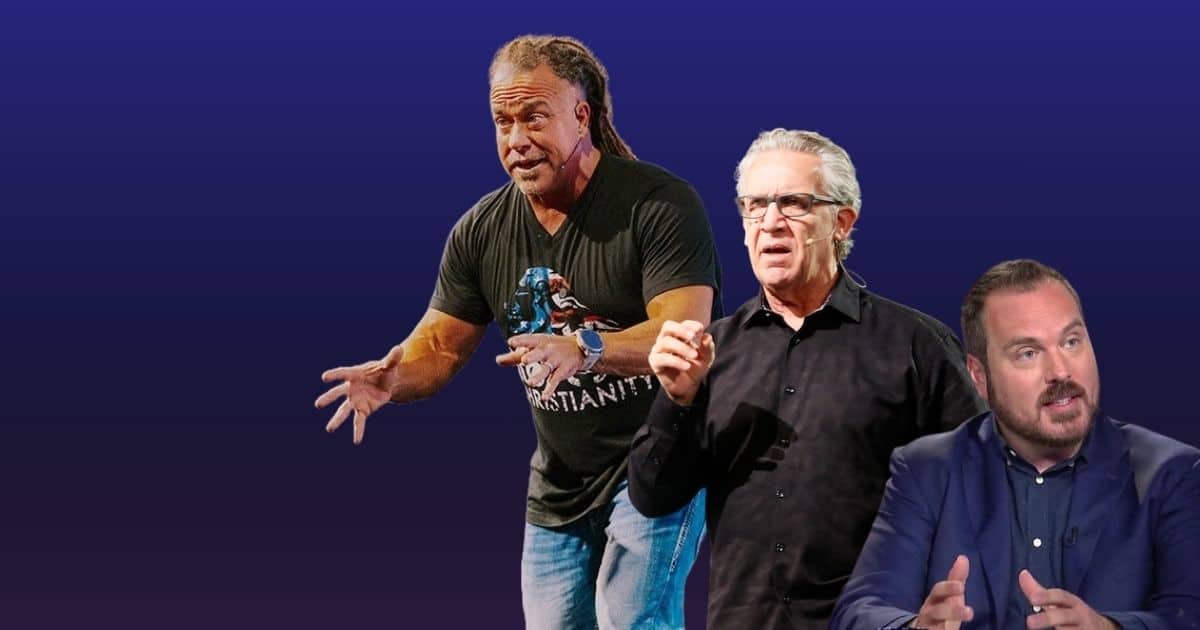
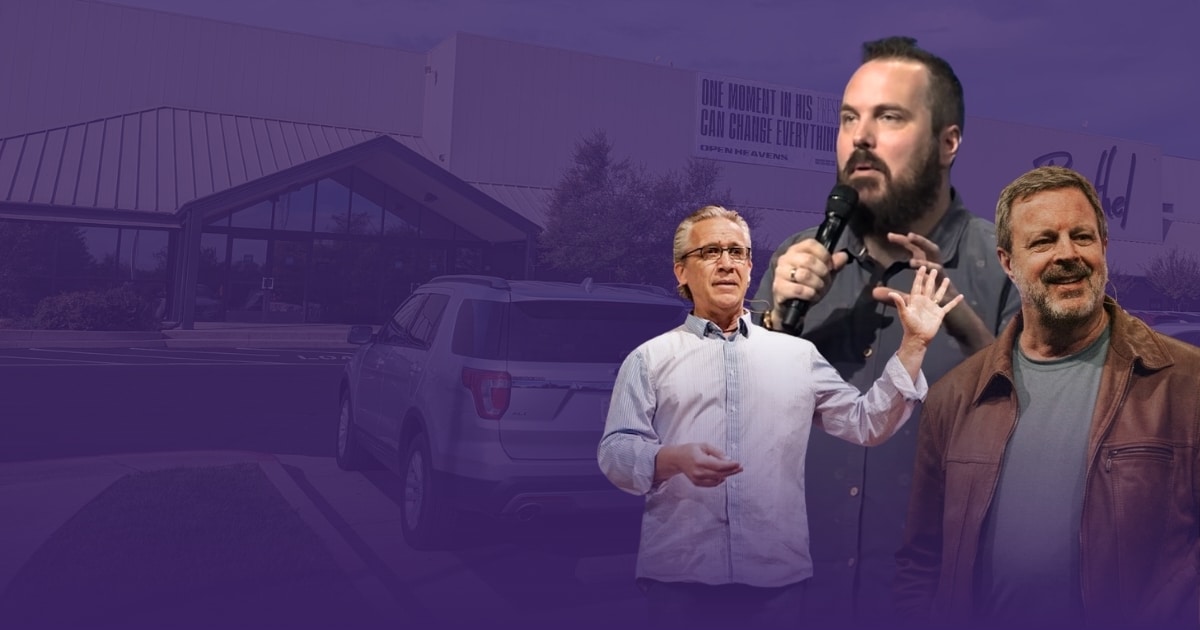
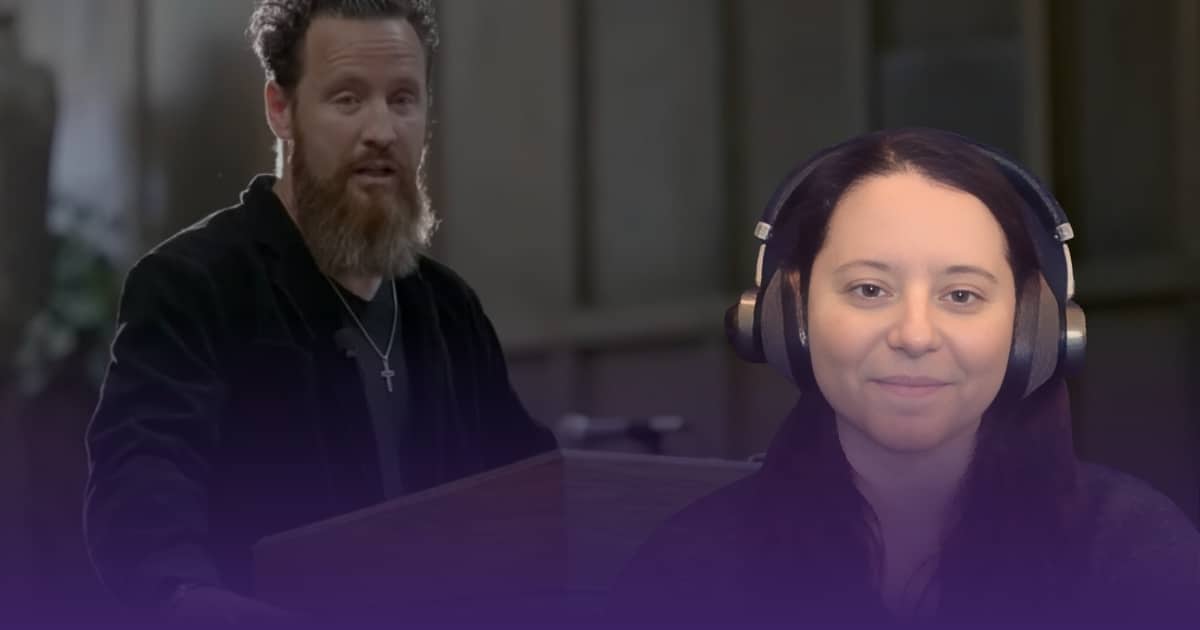
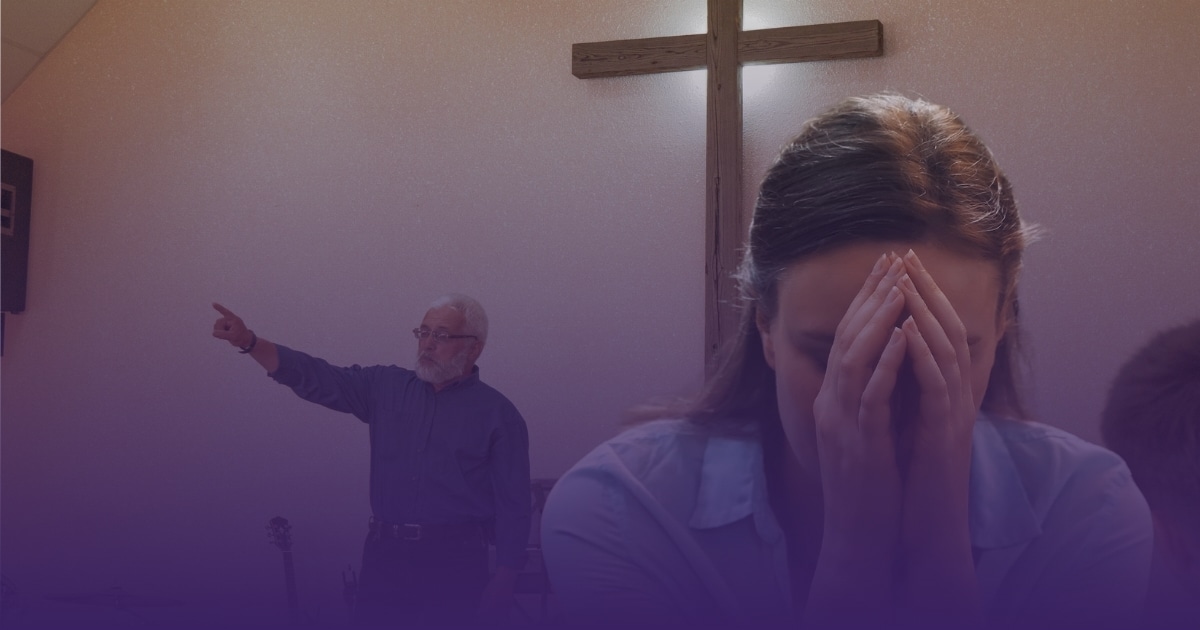



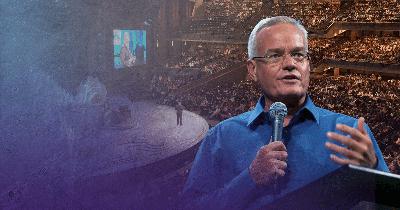

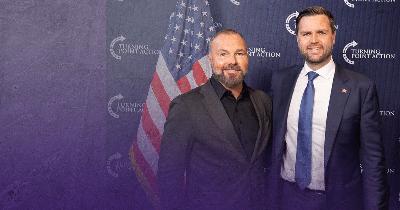

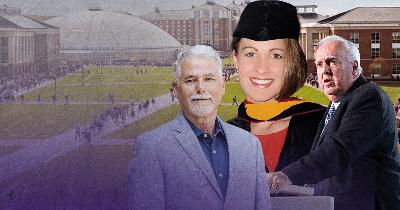

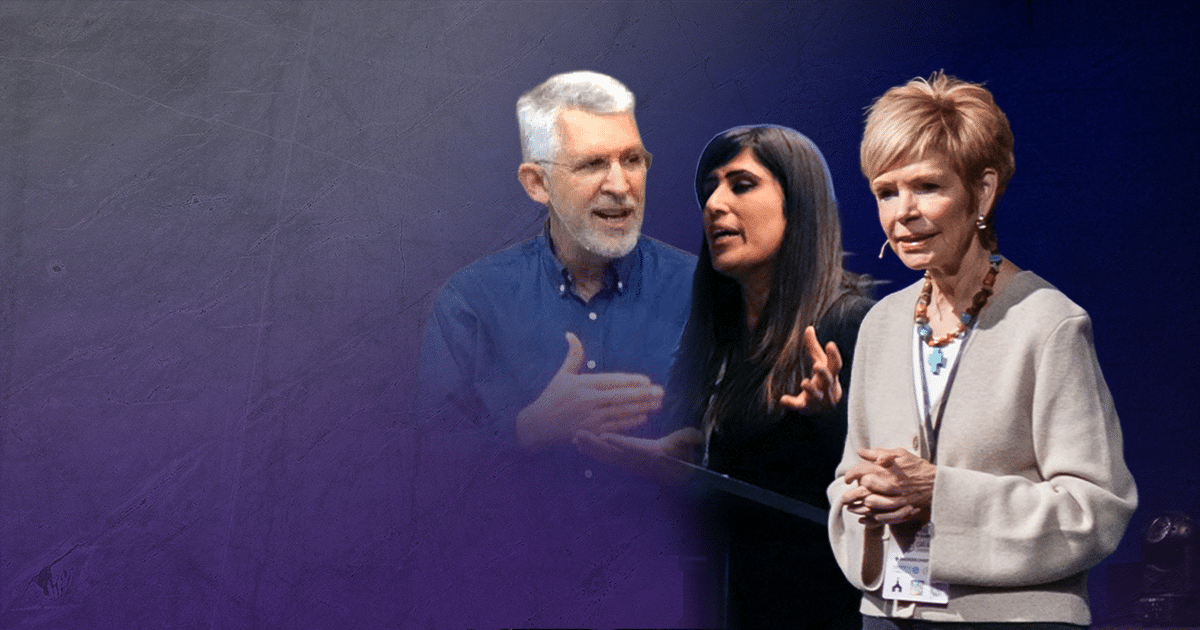
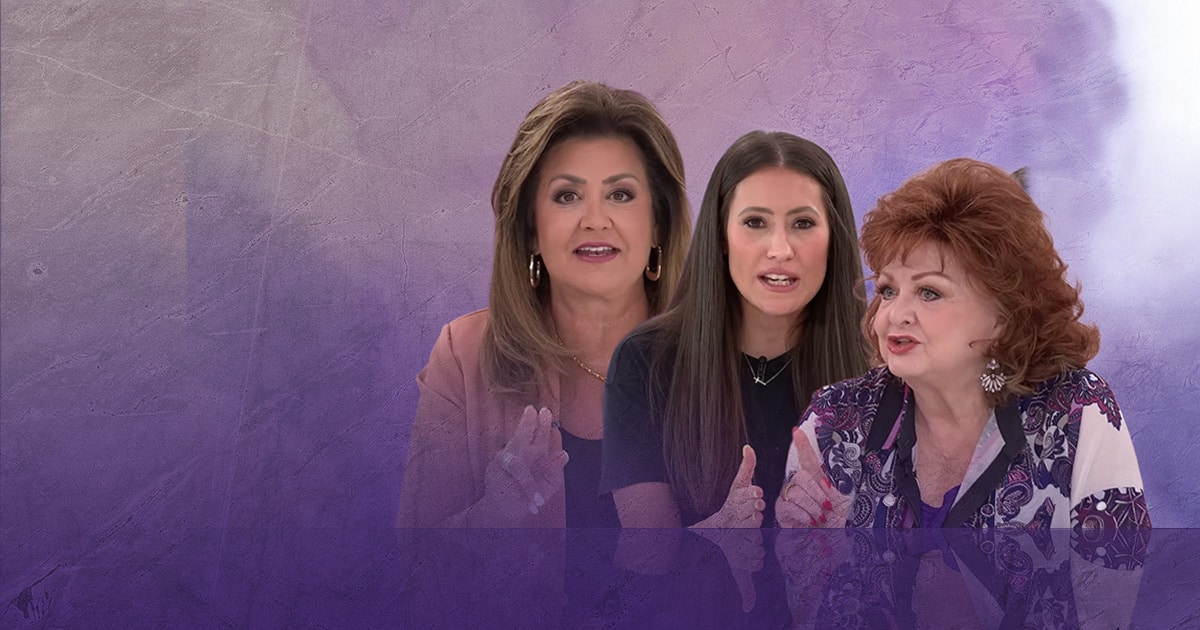
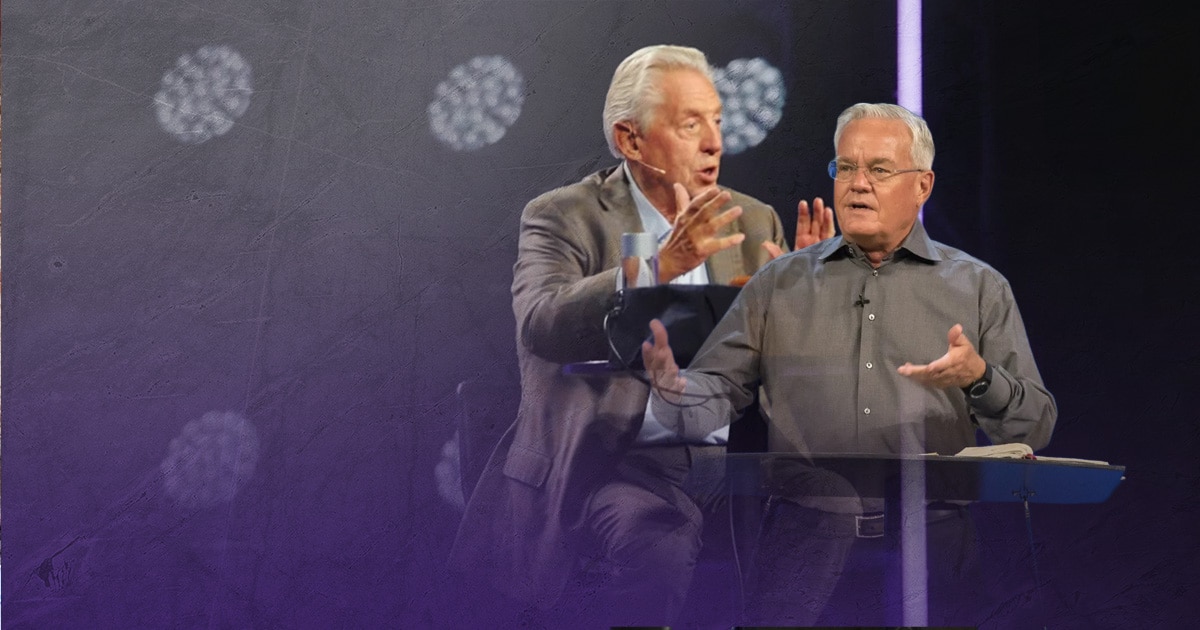
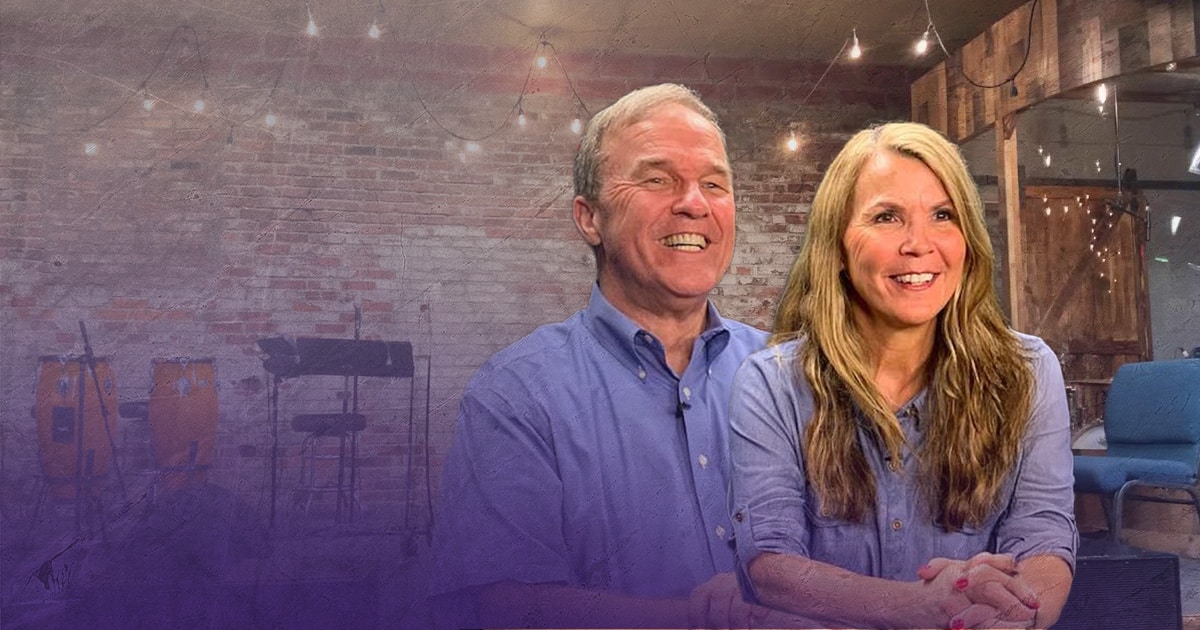
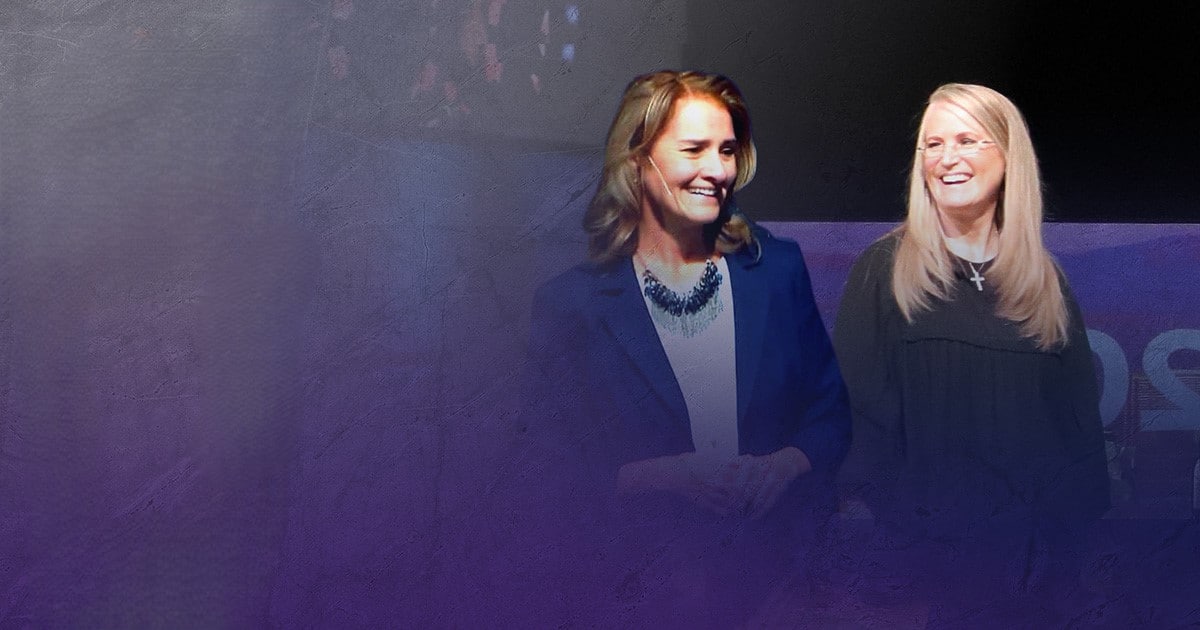
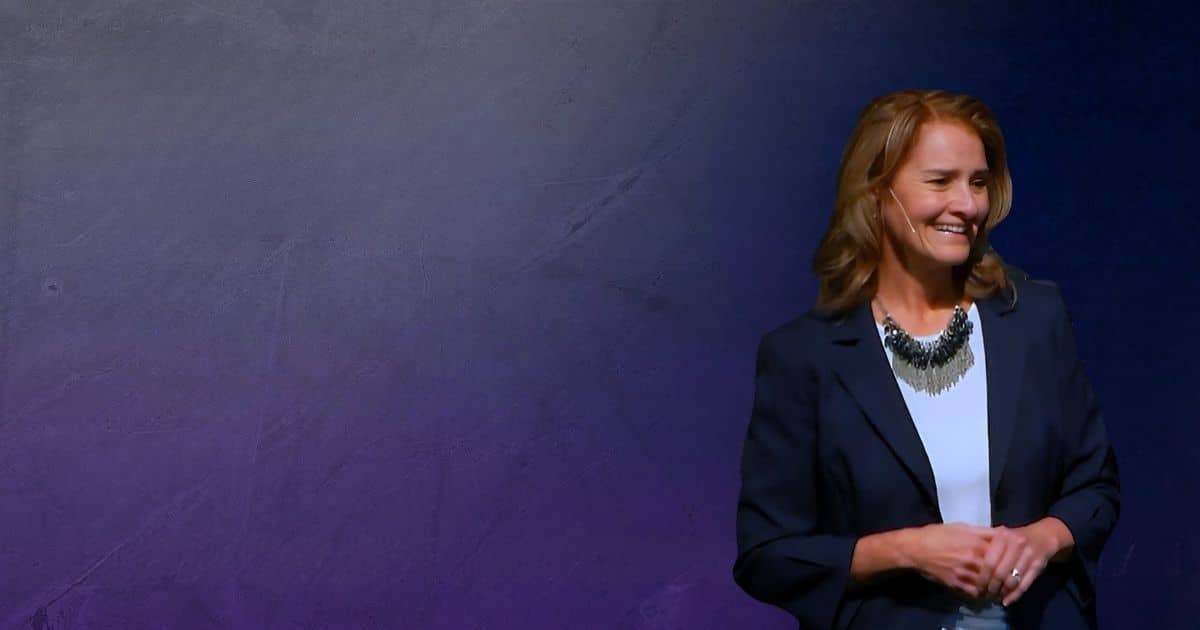



I think if Susie and Jonathan cannot go against their convictions then they are going to have to step down and away from the job. also I don't understand why Joni can't get somebody else to read positive viewer comments about her husband why force them to do it if they have a conscience against it?
great interview!
it would be nice to hear from Narcissistic Pastor's wives. For each of these pastors there are wives and many times, the children, grown or young, who are also victims of this type of manipulative predator. It's a sad story that I know a lot about through personal experience. I'm a former pastor's wife, a former member of WCCC ( where my former spouse was on staff) and a survivor-- but not without scars and bruises, and not without grown children who are still figuring it all out.
This is so disingenuous. Sheila Gregoire has an illogical hate-on for Focus on the Family and Emerson Eggerichs. She clearly has some sort of axe to grind based on a personal vendetta. She's pulling at straws and pulling splinters over a book that has had an overall positive impact on the Church. She ignored men completely in this interview and only spoke about women's grievances. Feminist deconstructionism is not helping Christians.
Great work Julie! Truth-telling is important, no matter how popular a preacher happens to be.
I would like to thank you and Steve for your dedication to truth no matter how difficult, and earth shattering it may be. I really appreciated Steve's statement that this revelation should not affect the held beliefs of the Christian or be used as a battering ram by the atheist against Christianity. I must confess that the opposite is the first thing that comes to my mind, and probably the minds of many. It is this type of thinking , the knee jerk reaction, which will keep us in the dark. Thank for shining the light. I have purchased Steve's book to learn more. God bless you both